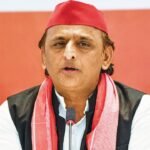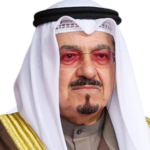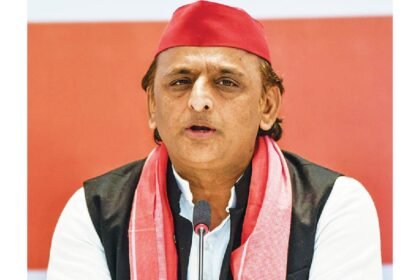Arabian Times News Service
On November 11, 2024, Central African Republic (CAR) President Faustin-Archange Touadéra walks a precarious political tightrope. While relying heavily on Russia’s military support, Touadéra simultaneously attempts to mend ties with France and the European Union (EU). Despite avoiding a coup that has plagued neighboring Gabon and Sahelian states, CAR faces widespread public discontent over escalating insecurity and rampant corruption.
Russia’s military operatives, previously aligned with the Wagner Group, dominate security operations in CAR under Moscow’s direct control. Dmitri Podolsky, a former Wagner commander, now serves as Special Advisor on Security Affairs. Russian forces oversee the national police and the Forces Armées Centrafricaines (FACA), benefiting from tax exemptions and running local businesses, further entrenching their influence. Critics warn this deepened control poses risks to CAR’s stability.
Despite an 18,000-strong FACA, the national army remains under-resourced. Instead, Russian mercenaries and local militias, such as the Zande group, operate with impunity. Accusations against these militias include civilian killings and alliances with armed groups like the Union pour la Paix en Centrafrique (UPC), raising concerns about long-term stability.
Within Touadéra’s ruling Mouvement Coeurs Unis (MCU), divisions over funding priorities, Russian involvement, and postponed local elections exacerbate governance challenges. The IMF recently highlighted CAR’s economic struggles, including regulatory uncertainty, high fuel prices, and insecurity, projecting GDP growth at less than 1%.
The economic slowdown is worsened by corruption and mismanagement. A glaring scandal involves Energy Minister Arthur Bertrand Piri, Touadéra’s nephew, who signed an exclusive oil contract with Neptune Oil, reducing state revenue from fuel taxes from 20-25% to just 9%. Rising fuel prices have crippled electricity production and transportation, intensifying public discontent.
Foreign aid remains critical to CAR’s budget. The IMF, World Bank, and African Development Bank (AfDB) provide essential funding, though much is consumed by debt repayment or civil service salaries. France cautiously resumed support earlier this year, but EU credits remain frozen due to Russia’s continued presence.
Touadéra’s political playbook increasingly mirrors that of Russian President Vladimir Putin. The establishment of COCAFAT, a pro-government civil servant collective, and a draft law targeting “foreign agents” have sparked fears of tightening civic space and authoritarian control. While 39 civil society groups have petitioned against the draft law, parliament has yet to act decisively.
Local elections, postponed five times, are now set for July 2025. Western governments view these elections as an opportunity to diversify CAR’s political landscape, but opposition groups may boycott due to limited resources and campaign restrictions.
France’s relations with Bangui remain tense, with financial support linked to Russia’s military withdrawal. The IMF and World Bank continue to pressure the government to improve fiscal accountability. However, Touadéra’s dependence on Russian mercenaries complicates reform efforts.
President Touadéra’s reliance on Russian support, coupled with internal corruption and economic mismanagement, leaves CAR in a precarious position. As international donors push for reform and transparency, domestic unrest and political consolidation risk further destabilizing the country. While Touadéra attempts to balance competing interests, the Central African Republic’s future hangs in the balance.









